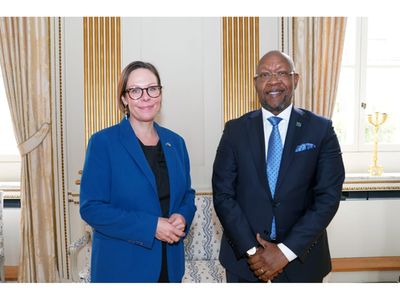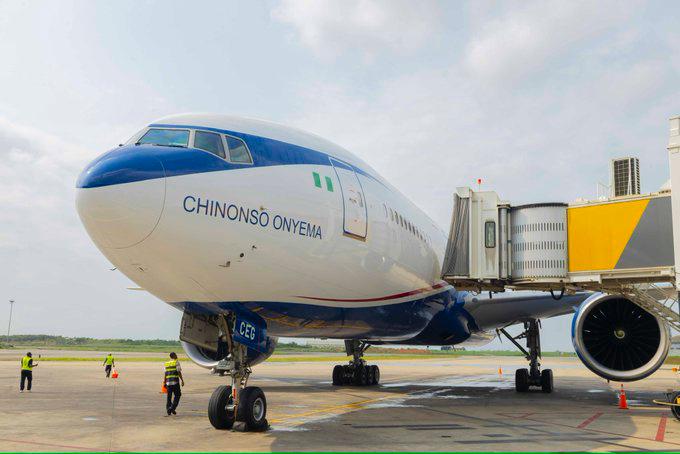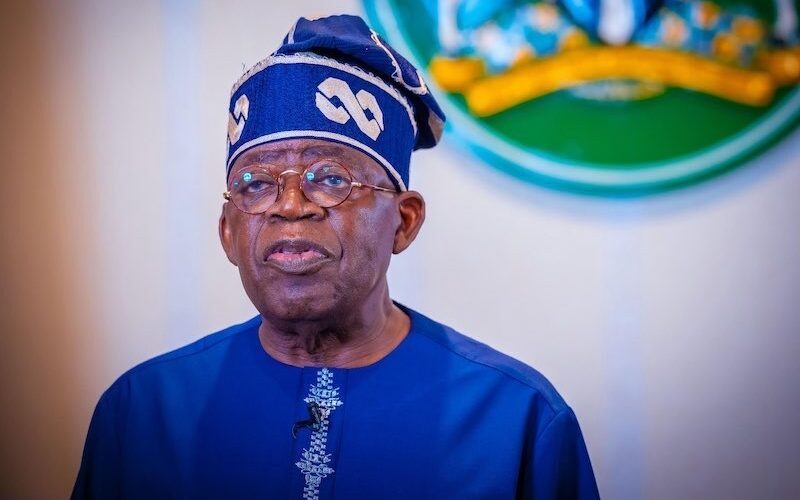…As Jinapor’s Ghana Manganese unratified deal surface
Minority Chief Whip and Member of Parliament (MP) for Nsawam-Adoagyiri, Frank Annoh-Dompreh, and his team, have found themselves in an embarrassing situation over their criticism of the Mahama government’s recent lease extension granted to Gold Fields Limited for its Damang mine operations.
The New Patriotic Party (NPP) MPs, accused the government of “deliberately sidestepping” parliamentary scrutiny. However, insiders have told The Herald that Annoh-Dompreh and his team, were being disingenuous by singling out Gold Fields’ Damang mine, while ignoring similar actions taken under the Akufo-Addo administration.
A precedent arrangement under the previous government in which Ghana Manganese Company Ltd (GMC), the country’s only manganese producer and exporter, had its mining lease extended for 30 years without any parliamentary ratification was cited.
Sources familiar with both transactions argued that, while the Mahama administration extended the Damang mine lease for just one year, reportedly to allow Gold Fields Limited, which had expressed disinterest in continuing operations, to wind down and return the mine to the state the Akufo-Addo government granted a 30-year extension to GMC after its initial lease expired.
Interestingly, during President Akufo-Addo’s tenure, two MPs, Alhassan Sayibu Suhuyini and Ernest Henry Norgbey, filed a lawsuit at the Supreme Court on 24 December 2018 against 35 mining companies, the Attorney-General, and the Minerals Commission.
They alleged that these entities violated Article 268 of the 1992 Constitution by operating mining concessions without parliamentary ratification.
Mining giant Gold Fields Limited recently announced that it had secured a one-year lease extension from the government, allowing continued operations at its Damang mine until mid-2026.
The agreement followed months of uncertainty over the mine’s future and was hailed by the company as a breakthrough.
However, Annoh-Dompreh condemned the move, accusing the government of bypassing required democratic processes by failing to seek parliamentary approval in advance.
“I have done some painstaking investigation. The government has extended the lease agreement, and as we speak, the company is mining aggressively,” he told journalists.
“Meanwhile, the agreement which by law must come to Parliament for approval or ratification before the extension takes effect has not been presented. You know there’s a Supreme Court ruling on this matter. The government is taking the people’s representatives for granted.”
He further accused the administration of undermining parliamentary authority and prioritising political expediency over transparency.
“It cannot be the case that you extend a lease and allow mining to continue, then bring the agreement to Parliament at the last hour because you believe it will be rubber-stamped. That is wrong. We must bring this to the attention of the Ghanaian people.”
Annoh-Dompreh also raised environmental concerns, highlighting the government’s failure to allocate funds for land and water reclamation in the 2025 national budget.
“When we were passing the Gold Board Bill into law, we flagged these concerns. Yet, in the 2025 budget, there was not a single allocation no budget line for land reclamation, water body restoration, or sustainable mining practices,” he lamented.
“Meanwhile, you’re allocating nearly $400 million to the Gold Board but ignoring the environmental costs of the very activities that generate this revenue.”
The Minority is now demanding greater accountability and transparency in the management of Ghana’s natural resources, insisting that both environmental and parliamentary oversight must not be compromised.
In the 2018 Supreme Court suit, Suhuyini and Norgbey argued that, unless Parliament ratifies a mining agreement, the leaseholder cannot legally carry out mining activities. They sought an order to restrain the 35 mining companies from further operations until proper ratification is obtained.
They are also asking the Court to compel the companies to refund all revenues or financial gains derived from mining Ghana’s natural resources without valid parliamentary approval.
Their statement of claim reads: “Under our Constitution, especially Article 268, a mining lease is not effective or valid unless ratified or approved by Parliament. Until Parliament approves a mining lease, a mining company cannot start mining.”
It continued: “Information available shows that almost all mining companies currently operating in Ghana are either doing so under leases yet to be ratified by Parliament or were ratified long after operations had already begun.”
They added: “Most, if not all, of these companies are foreign-owned, and the profits are repatriated to their home countries.”
“To allow mining to continue under unratified leases is a clear breach of Article 268 of the Constitution. The Supreme Court has repeatedly ruled that agreements in violation of the Constitution are void.”
They cited the Woyome case, in which the Supreme Court ordered a refund because the underlying contract was unconstitutional.
“In the same vein, these mining companies must be made to refund all the monies or resources extracted in breach of Article 268.”
“We must not allow foreigners to come into our country and take away our natural resources in clear violation of the Constitution. As citizens, we have a constitutional duty to protect, defend, and enforce the Constitution.”
The MPs also from Tamale North and Ashaiman constituencies noted: “ The Attorney-General, in an interview on Good Evening Ghana, stated that any mining lease not ratified by Parliament is unconstitutional and void. Having taken this position, one would have expected the AG to act swiftly to stop all mining companies operating without valid licences and take legal steps to recover what we’ve lost as a nation.”
They concluded: “Although some companies in this suit now have ratified leases, they began operations before ratification, which is equally unconstitutional. These entities must also refund the resources they extracted unlawfully.”
“In short, the plaintiffs contend that all defendants have breached Article 268 by mining without parliamentary approval. The Supreme Court must now determine the fate of AngloGold, Ghana Bauxite, Adamus Resources, and others caught in this web of unconstitutional mining.”
The post Annoh-Dompreh’s mining lease criticism backfires appeared first on The Herald ghana.




